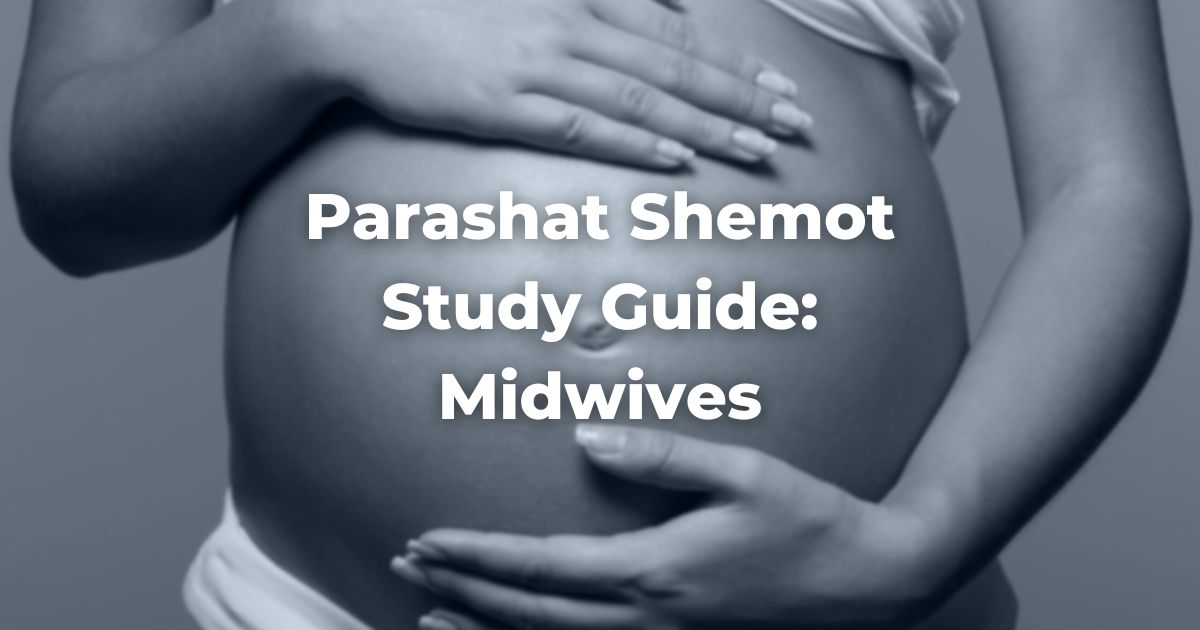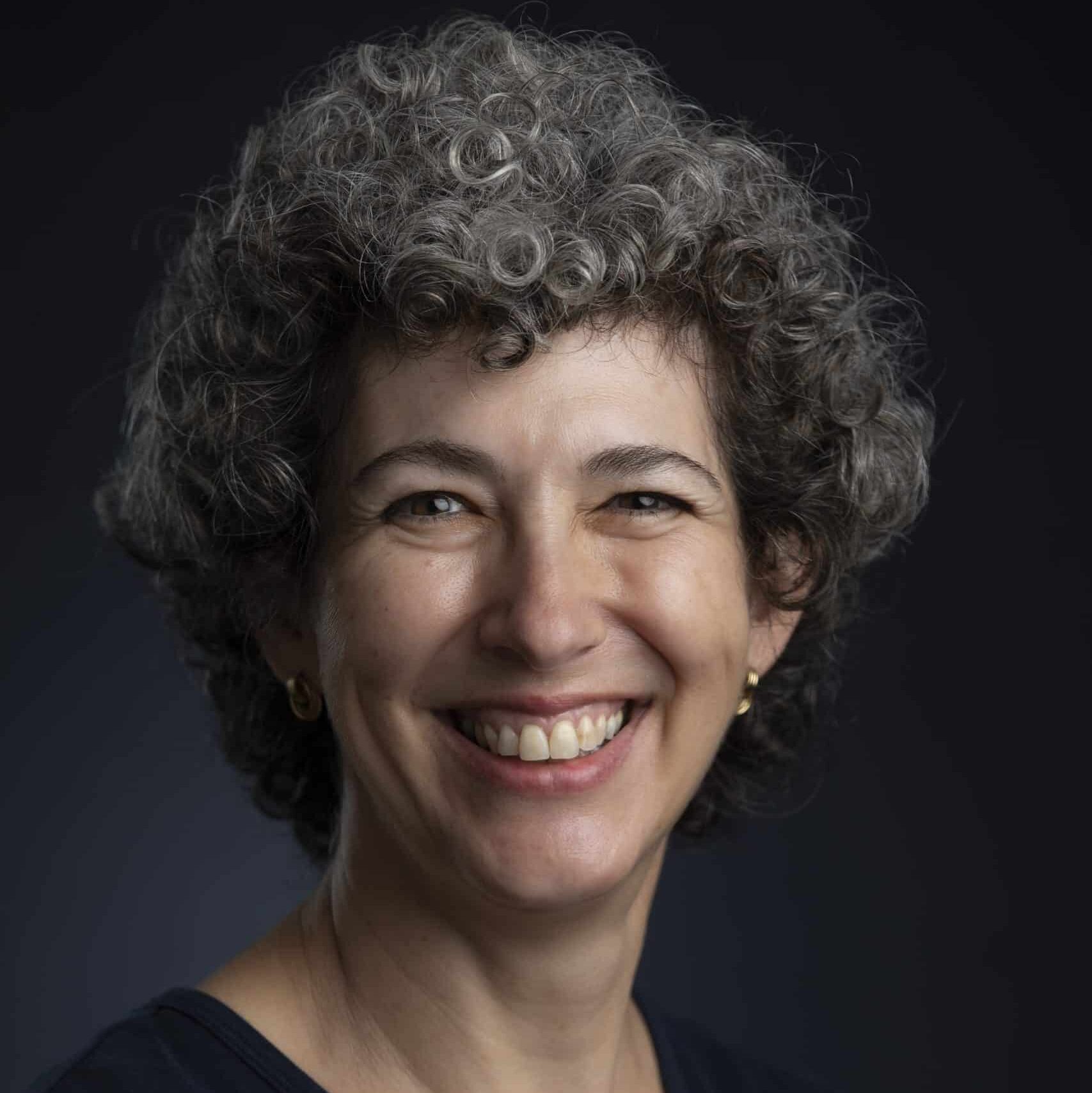Parashat Shemot Study Guide
This week’s parashah focuses on the Hebrew Midwives or Midwives of the Hebrew?
Text: Shemot 1:15-18
15 And the king of Egypt spoke to the Hebrew midwives, of whom the name of one was Shiphrah and the name of the other Puah; 16 and he said, “When you do the duties of a midwife for the Hebrew women, and see on the birthstools: if it is a son, then you shall kill him; but if it is a daughter, then she shall live.” 17 But the midwives feared God, and did not do as the king of Egypt commanded them, but saved the male children alive. 18 So the king of Egypt called for the midwives and said to them, “Why have you done this thing, and saved the male children alive?”
- Why do you think that the names of the midwives are mentioned?
- Why do you think that Pharaoh wants the midwives to kill the children, rather than send his soldiers to do the task?
- This command contradicts the very nature of a midwife’s work. What choice do they make? On whose side do they place themselves? Why? What is the likely punishment?
Commentary: Rashi on Shemot 1:15
SHIPHRAH—This was Jochebed; [this name refers to that] she would improve the newborn’s condition.
PUAH—This was Miriam, [this name refers to that] she used to croon to the newborn just as women do who soothe a crying baby.
- Rashi suggests that these are names identifying their role at work. What term might we use instead of “names”?
- Rashi’s identification suggests that they are Hebrews themselves. What question should that raise regarding Pharaoh’s decision to enlist them for this task?
Commentary: Shadal on Shemot 1:15
According to our rabbis, and Onkelos (Aramaic), and Rashbam and Mendelssohn…these midwives were of Israelite decent. But the Septuagint (Greek) and Jerome (Latin) and Josephus and Abarbanel thought that they were Egyptian midwives for the Hebrews, for how would [Pharaoh] command Israelite women to kill off their own nation and believe that they would not reveal this?! And those who argue [that they are Hebrews] from the words “the midwives feared God” – it is not an argument. For it does not say “fear the LORD” only “God”. Anyone who believes in a god, true or false, will fear killing innocent babies that have not sinned, regardless of their nation…. And if they were Hebrews there is no need to mention that they feared God, for every person loves his own nation [and that would be the motivation.]
- What are the arguments that Shadal offers for identifying the midwives as Egyptian?
- How does Shadal understand the term “God fearing”? How does that differ from “LORD fearing”?
- Which identification of the midwives speaks to you? Why?
See more: Parashat Shemot
Originally posted as part of the Conservative Yeshiva at the Fuchsberg Jerusalem Center’s Torah Sparks. Support Torah learning from the Fuchsberg Jerusalem Center/Conservative Yeshiva for leaders and seekers around the world here
Authors
-

Vered Hollander-Goldfarb teaches Tanach and Medieval Commentators at the Conservative Yeshiva and is a regular contributor to Torah Sparks, FJC’s weekly message on the weekly Torah portion. She received her M.A. in Judaic Studies and Tanach from the Bernard Revel Graduate School of Yeshiva University and studied at Bar-Ilan University and the Jewish Theological Seminary. Before making aliyah, Vered taught at Ramaz School and Stern College in New York.
-



The Fuchsberg Jerusalem Center (FJC) is a home in the heart of Jerusalem where leaders and seekers can find an authentic place in Jewish tradition to call their own. FJC offers opportunities to study, pray and explore within an egalitarian and inclusive setting, creating multiple pathways for finding personal and communal meaning.




